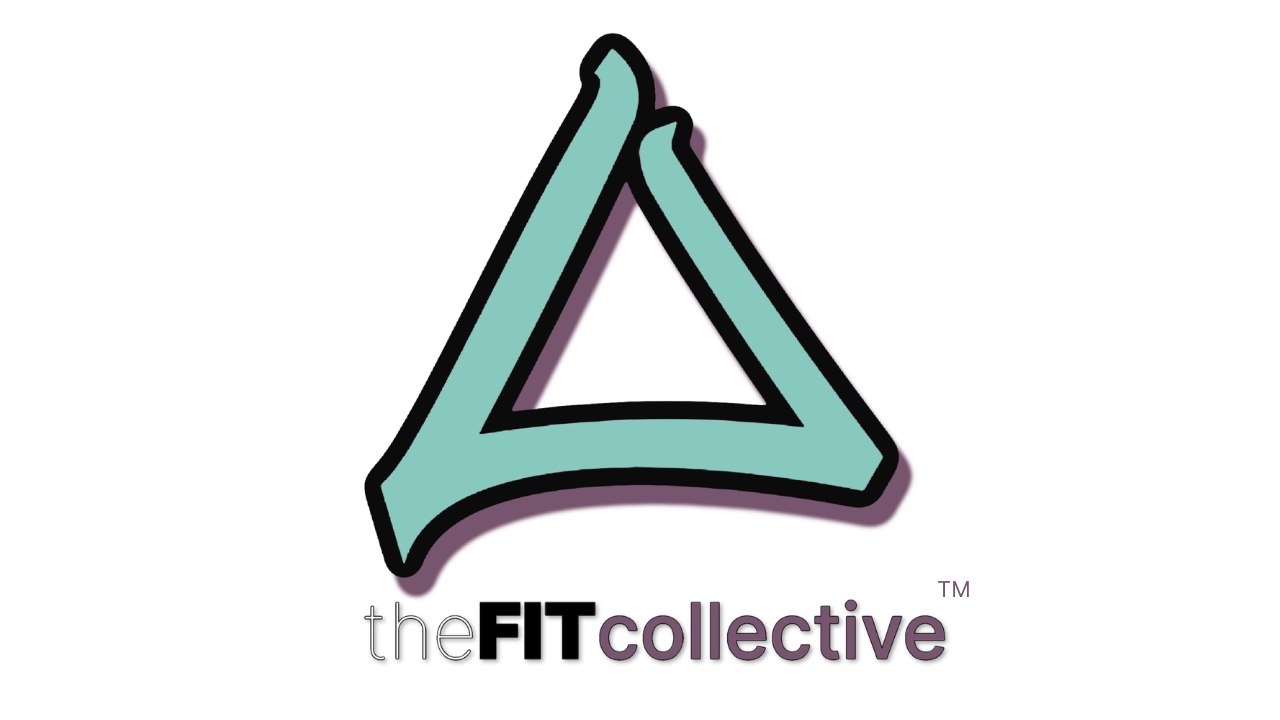161. Barriers To Optimal Body Composition
Body composition changes are easier for some people to make than others. However, that doesn’t mean that they’re impossible for everyone else. In this episode, I’m discussing the barriers to success when we’re trying to make a body composition change, including mental, emotional, and physical barriers. Things like our mindset, perception of time, a tendency towards emotional eating, and the blindspots in our nutrition audits.
Barriers to Successful Body Composition Change
Mindset
Perception of Time
The Scale
Thought Distortions
Emotional Eating
Blindspots in your Nutrition Audit
Inconsistent Weekends
Listen to Episode 161 Here
Or listen on your favorite podcast app: Apple Podcasts | Spotify | Android
Barriers to Body Composition Changes
When it comes to making body composition changes, we need to look at what’s going on inside your body, not just what’s getting reflected on the scale. In fact, the scale does not give an accurate look at body composition changes at all. We need to look at your lean mass to body fat ratio, waist circumference, and measurement changes to accurately see any body composition changes.
Not thinking you have enough time to make a change is one of the barriers to body composition change. You can start positively changing your body composition in as little as ten minutes a day. It’s all about making consistent changes that you can keep long-term.
Emotional and Physical Barriers
Thought distortions and should statements are another barrier to body composition changes. Thinking you should be following this diet, or eating in that way, or that you should have lost more weight by now is detrimental to making the changes you want. Emotional eating, or eating when you’re not actually hungry, is another barrier, especially if you’re eating over and above your total daily energy expenditure.
Not taking account of your dietary blindspots during a nutrition audit can also be a barrier to body composition changes. I find that most people overeat dietary fat, eat too little protein, eat too much-added sugar, and eat too little fiber to make successful changes to their body composition.
What are the most common emotions daily that you experience? What do you do when you have those feelings? What actions do you take? Let me know in the comments below!
In This Episode
What to look for in body composition [3:30]
Why you need to identify your own limiting beliefs to body composition change [6:00]
How ten minutes a day can make a difference to your body composition [10:00]
The importance of being consistent with your body composition changes [12:00]
Why the scale is not a successful measurement tool [13:45]
The problem with thought distortions [15:30]
Why you need to celebrate the positive things that happen to you [16:30]
What emotional eating is [18:00]
The dietary blindspots overlooked in a nutrition audit [25:00]
How to make your weekends more consistent with your weekdays [29:30]
Quotes
“We have to start throwing away a lot of the old rules. The old rule that you need to do all this additional stuff to actually get a result. The rules that you can’t eat certain things, and you have to follow a specific strength and cardio regime. We need to start going back to basics. We need to approach it as ‘work smarter, not harder.’ We need to realize that every minute does matter.” [10:34]
“We are creating our existence, our reality. We are making this happen. And we need to celebrate this.” [17:08]
“If you are using emotional eating as a coping mechanism and eating beyond your total daily energy expenditure, then you are not going to have a positive body composition result. Not to mention that if you are having a lot of these negative emotions, you’re probably going to have a higher stress response and more circulating cortisol.” [20:58]
“Optimal body composition, even as we age, is available. There are simple tools to help you get there, and one of the most important things you can start thinking about is the physical, mental, and emotional barriers to success.” [30:51]
“We can have tons of barriers and make these big stories about how it’s so much harder for us, but at the end of the day, all we have to do is gain awareness for who we are authentically and uniquely. Then we put into place mental, emotional, and physical strategies to help you achieve what it is you are looking for.” [32:58]
Resources Mentioned
31 Days of FIT. Learn more HERE.
Muscle Maintenance During Fat Loss. Waitlist HERE.
Fit Woman Collective™. Learn more HERE.
Transform® 8.0 deposit link is now open. Sign up HERE.
Follow Dr. Ali Novitsky on TikTok | Facebook | Instagram | YouTube
Subscribe to The Muscles and Mindset Podcast on Apple Podcasts
Related Episodes
Episode 159: The Impact of Protein on Body Composition
Episode 158: Transform Together with Dr. Mark Novitsky
Episode 157: Fitness Talk with Dr. Alex Stewart

